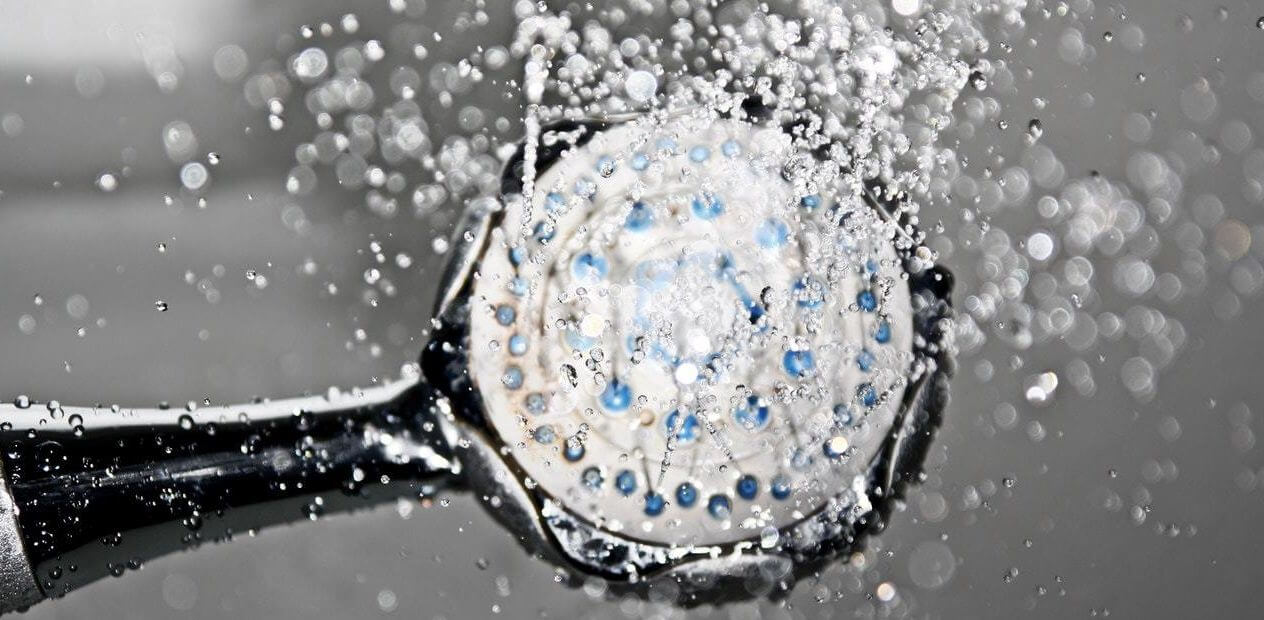Let’s talk about water pressure. Pressure is the reason you have ready-to-use water at every fixture in your house, and you’ll notice very quickly if it’s low–especially when showering or washing dishes. But while low pressure is an annoyance and inconvenience, high pressure is both more dangerous to your plumbing system and less easy to identify.
PRV Valves
Before looking at the issues high pressure can cause, here’s a brief summary of how your home handles water pressure, to begin. The pressure in the city and county mains is much higher than any residential fixture is built to handle–usually between 120 and 180 pounds per square inch.
Now, anything over 75 PSI will void the warranties on your fixtures and potentially destroy them, so every home is required by code to have a pressure reducing valve (PRV), which does exactly what the name implies. As the street pressure water flows through the PRV, it is reduced down to 60-70 PSI, which is enough to handle everything in your home. In almost every case, high or low pressure is caused by a failure in the PRV.
One-Way Check Valve
As water passes through your meter out at the street, it also passes through a one-way check valve to prevent water from leaking back into the main.
Thermal Expansion Tank
There is one other factor that affects the amount of water pressure in your home: heat. By the time the water gets to your water heater, it has obviously passed through the PRV and had the pressure lowered, but as it gets heated, it experiences thermal expansion. Since this thermal expansion creates more pressure, homes are also required to have a thermal expansion tank installed. This is usually found near the water heater, and it’s just a small, bulbous tank screwed directly into your water line. It’s not as sturdy as your water heater and will usually need to be replaced after 2-5 years. It will have a stem on the end of it (usually covered by a blue cap) just like the stem on a bicycle tire. To check if it’s working, press on the stem needle with a key or similar object; if a burst of pressurized air doesn’t hiss out, it’s gone bad.
Is My Water Pressure Too High?
There are a couple of different ways to tell if your water pressure is too high. If you notice that your faucets start off really strong and then back off after a second or three, that can be a sign that you have high pressure. Another telltale sign is if multiple toilets start running and/or faucets start dripping. If you suspect you have high pressure in your home, call a professional as soon as possible, before your problems get worse (and more expensive!).
Schedule a Plumber
Schedule a plumber if you need assistance, we are happy to help.
Read our reviews to learn more about us or our services.

